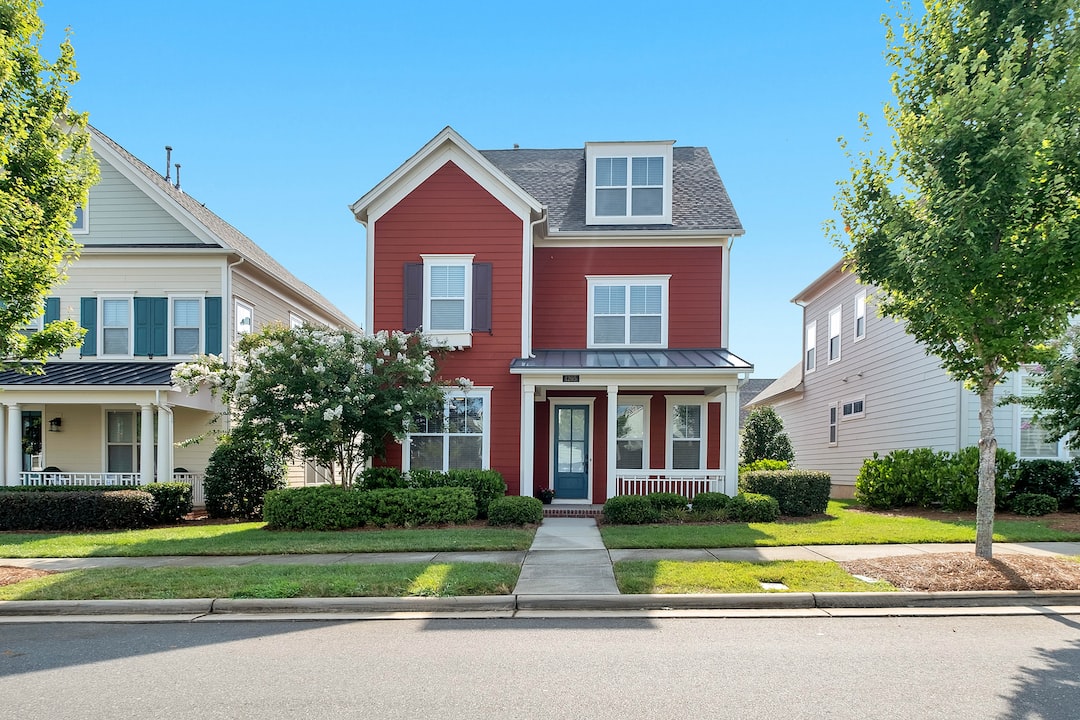The allure of historic homes: Pros and cons of owning one
There is something undeniably captivating about historic homes. These architectural wonders carry with them a sense of nostalgia and charm that modern houses often lack. Owning a historic home allows you to become part of its story and preserve a piece of the past. However, it’s important to consider both the pros and cons before taking the plunge into historic homeownership.
One of the most enticing aspects of owning a historic home is the unique character they possess. From intricate woodwork to stained glass windows, historic homes are often filled with architectural details that cannot be replicated. Each room tells a story of the past, providing an opportunity to indulge in a sense of nostalgia for a bygone era. The timeless beauty of these homes can make living in them a truly enchanting experience.
The history and heritage associated with a historic home can be another compelling reason to own one. It’s fascinating to learn about the previous owners, their lives, and the events that unfolded within its walls. Historic homes offer a sense of connection to the past, allowing you to feel like a custodian of history. The satisfaction of preserving a piece of architectural heritage for future generations is unparalleled.
However, along with the allure, comes a few downsides to owning a historic home. Maintenance and repairs can be a significant challenge. Older homes often require constant upkeep, as their age makes them more prone to damage. This can be both time-consuming and costly, as finding skilled craftsmen may be difficult, and materials may need to be specially sourced.
Another potential drawback of owning a historic home is the lack of modern amenities. While these houses exude charm, they may not have the modern conveniences that we have become accustomed to. Limited electrical outlets, outdated plumbing, and inadequate insulation can make daily life less comfortable. Renovating these properties to include modern amenities requires careful planning, often having to adhere to historical preservation regulations, which can be time-consuming and expensive.
Lastly, the location of some historic homes may be less advantageous compared to newer houses. They are often situated in older neighborhoods, which may lack the amenities and services found in newer developments. Commuting times to schools, workplaces, and shopping centers could be longer, and the neighborhood may have limited access to recreational facilities.
In conclusion, owning a historic home is an enticing prospect, as it allows one to become part of its rich history and cherish its unique architecture. However, it is crucial to consider the potential challenges associated with maintenance, lack of modern amenities, and location. Both the pros and cons should be thoroughly evaluated to determine if owning a historic home aligns with one’s lifestyle and preferences. Nonetheless, the allure of historic homes and the ability to preserve a piece of the past continues to captivate homeowners worldwide.
